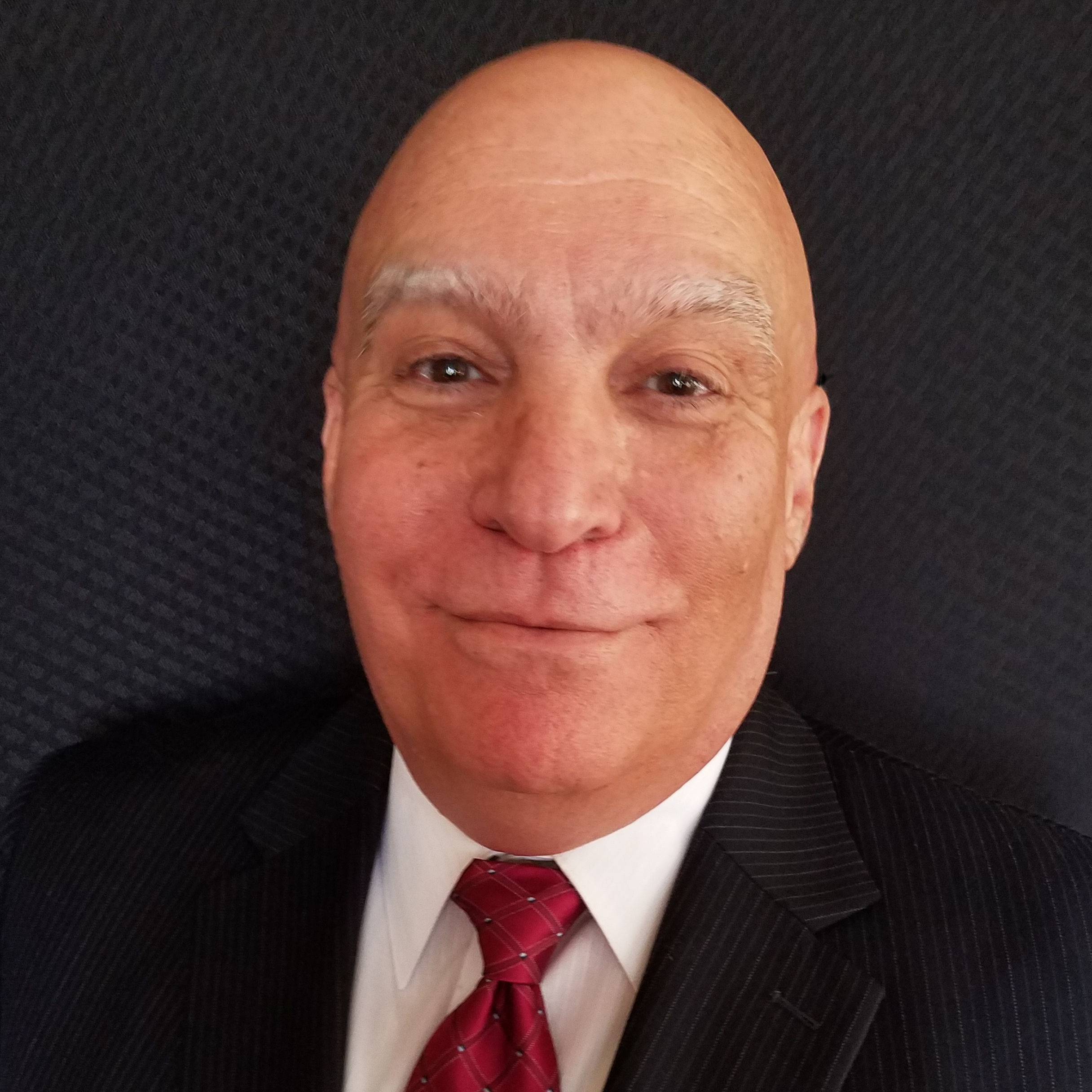outer
"We do not see things as they are,
we see them as we are"
- Anaïs Nin
It seems so obvious, once stated, but most peole either don't understand it or choose to ignore it. We are not objective beings. We are continuously filtering and adjusting what we perceive and how we interpret it. This can lead to many errors in the understanding of what is in this world of form.
Personal Biases
One of the ways we limit ourselves is to refuse to learn something new, especially when that thing contradicts something we already believe is true. One version of this is called Cognitive Dissonance. I referred to it on the first page, but am repeating it here because it is so common and so important to be mindful of.
Let's take the example of a social benefit, something that society provides to its citizens. Some may say that it right for the government to provide it, others may say that it should be done by private charities that it is immoral for the government to do it. If you have partaken of that benefit, then you will almost certainly find it harder to accept the idea that it is immoral than someone who has not parkeken of it. That applies whether or not it is, in fact, immoral. All that matters here is that you will find it difficult to accept that you yourself have participated in something immoral.
Another common way we refuse to consider new ideas is through Selective Perception. That is where you only believe material that already conforms to your existing beliefs. I frequently encounter it when I post an authoritative link on a social media site. People whose position is different than mine frequently refuse to even click through to read what is being presented. They are so sure of what they believe that they don't want to waste their time looking at something they are sure won't change their mind. This can also manifest as an outright rejection of a media source, as in saying that everything that channel puts out is false.
Levels of Consciousness
You are likely a good-hearted individual, someone who is aligned with Light and does their best to come from a place of Love. It would not normally occur to you, but the simple fact is that not everyone is like you in that regard.
In his book Power vs. Force, Dr. David Hawkins lays out a model that speaks to this idea in some detail. If you haven't read it already, please accept this recomentation to do so.
The long and short of it is this: Not everyone is as nice as you are. Not everyone has the same agenda that you do.
Some people want to make things better, to help others when they can, to raise awareness of important issues so they can be resolved for the better. Others are just in it for personal gain, measured in terms of money, power, fame, and other such things. Of course, most people think that those who agree with them are in the former camp, and those who disagree are in the latter, but that is not necessarily true. We want to suggest that you consider things from the perspective of whether they expand individual freedom or lessen it. That is the real determinator of what you would be wise to support or oppose, respectively.
Service vs Servitude
In 1987 the Ascended Master El Morya gave a presentation titled "Service and Servitude" in which he laid out the distinction between truly helping someone by empowering them and doing things that only create a dependency that ultimately harms you both. It's the classic "Teach someone to fish rather than giving them a fish" idea. Unfortunately, many of the issues covered here are examples of programs that give rather than teach.
It may make sense to feed someone while you are teaching them to do so for themself, but if all you do is to feed them, then you're really only making things worse. Unless, of course, your real intention is to have them be dependent on you and grateful/indebted to you for the meal you're providing. It may be hard to imagine that people think that way, but some most certainly do. Many of them are in politics.
Confusing Government and Society
Many political proposals come down to having the government do a "good thing" because no one else can or will see to it. Anyone opposing them is painted as uncaring or worse. But, there is a difference been objecting to a specific solution and agreeing that there is, in fact, a problem worthy of attention. In his book, The Law, nineteenth-century French economist Frédéric Bastiat described this wonderfully:
